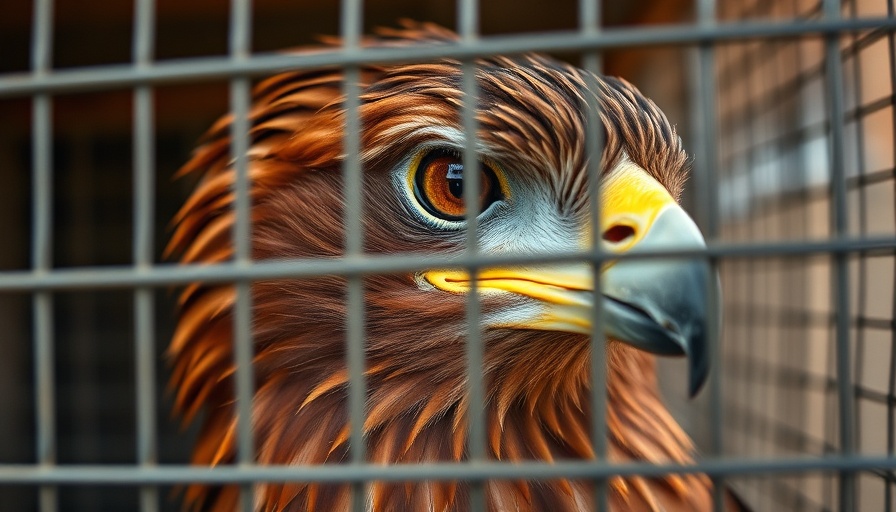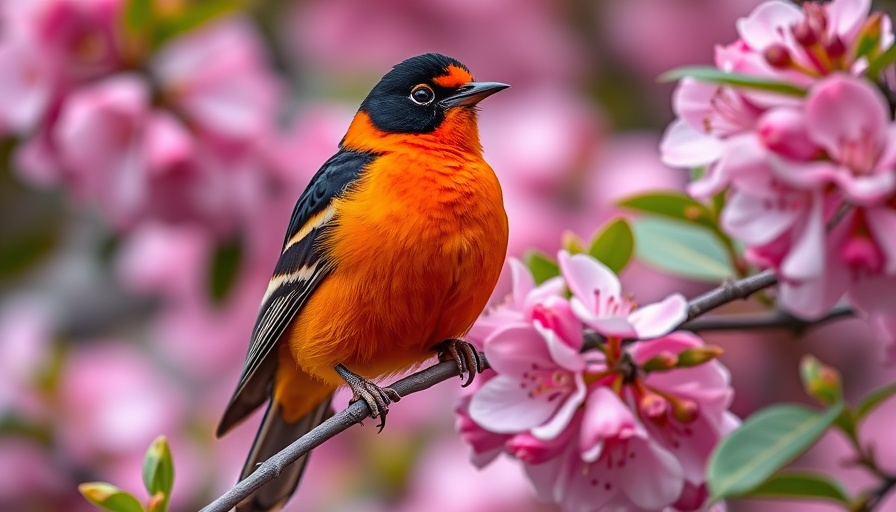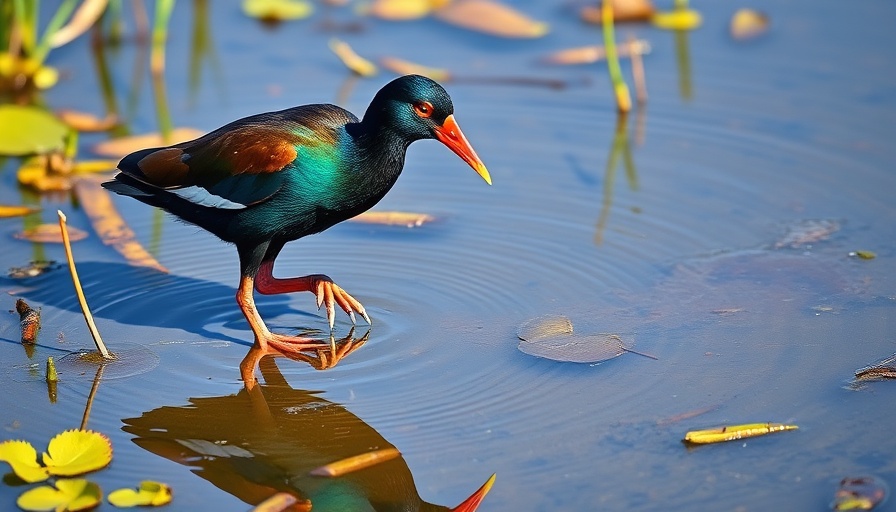
Unpacking the Meaning Behind Bird Names
Naming conventions can often seem trivial, yet names tied to birds carry unique cultural and personal significance. Language reflects society, and names — particularly those derived from avifauna — are small windows into our relationship with nature.
Birds in Human Naming Traditions
Take the name Paloma, which in Spanish references both pigeons and doves. This connection is not just linguistic but also symbolic, evoking a sense of peace commonly associated with doves. Similarly, the surname Garzón translates to “heron” in English, illustrating how deeply integrated these birds are within our identities. By using bird names, we celebrate the diversity of species while paying homage to nature’s influence on our cultures.
The Cultural Resonance of Bird Nicknames
Prominent figures, including jazz legend Charlie Parker, dubbed Yardbird, further highlight the cultural significance of avian references in names. Parker’s influence on music was immense, and his bird-inspired nicknames were a nod to both his love for birds and his record titles, such as “Ornithology.” Thus, these names create a legacy, embedding avian references into our cultural fabric.
Bird Names from Around the World
Names often carry meanings that reflect our connections to nature. For instance, the name Tori means “bird” in Japanese, showcasing how diverse cultures celebrate birds through nomenclature. This eloquent connection to wildlife fosters an appreciation that transcends language barriers, inviting curiosity about the natural world.
Why Names Matter
Ultimately, names represent narratives – personal stories intertwined with meaning. In doing so, they create bonds between individuals and the environment. As we consider names like Sokolov, derived from Sokol, or falcon in Russian, we gain insight into how names can encapsulate our shared human experiences and our ongoing relationship with nature.
 Add Row
Add Row  Add
Add 




Write A Comment